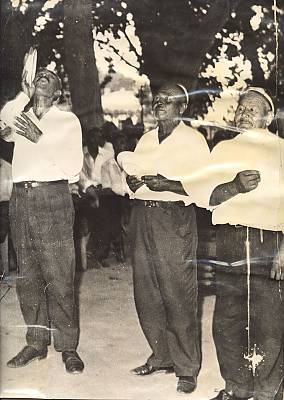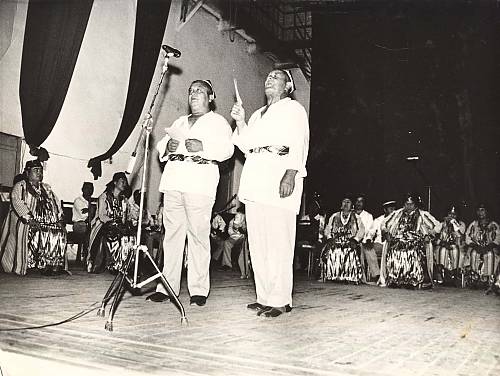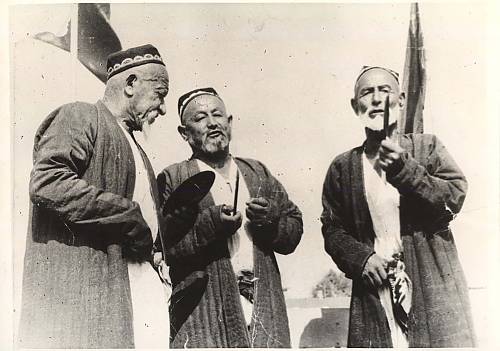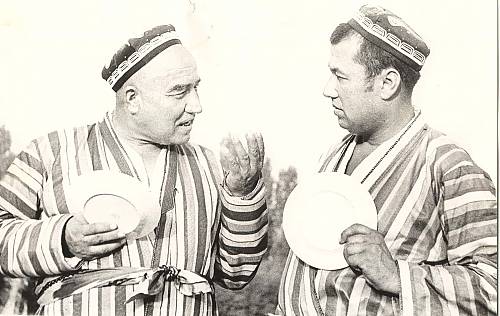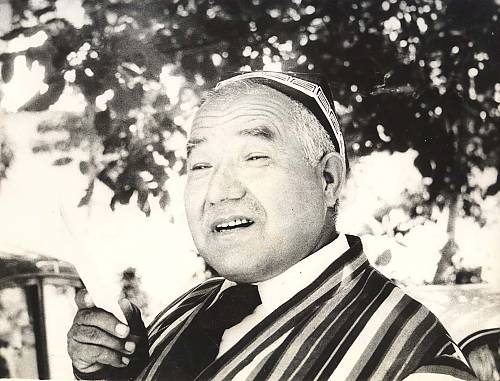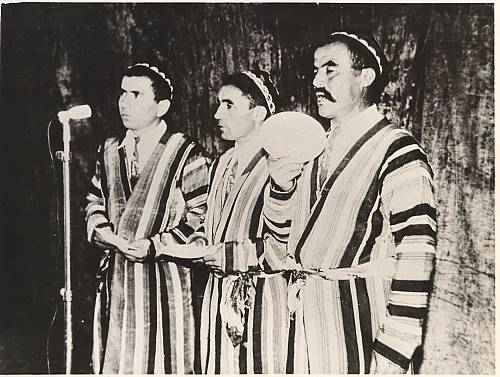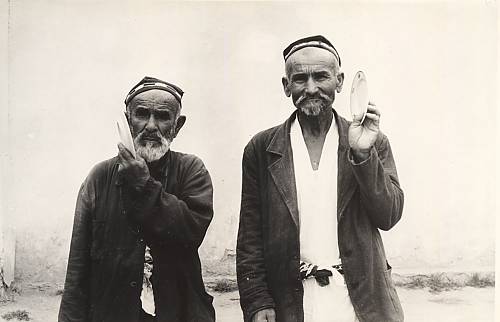Katta Ashula
Inscribed in 2009 (4.COM) on the Representative List of the Intangible Cultural Heritage of Humanity

Katta Ashula (literally ‘big song’) is a type of traditional song that forms part of the identity of various peoples of the Ferghana Valley in Uzbekistan, which is also home to Tajiks, Uyghurs and Turks, and of some regions of Kyrgyzstan, Tajikistan and Kazakhstan. An original genre, Katta Ashula combines performing arts, singing, instrumental music, Eastern poetry and sacred rites. It covers a range of subjects, from love to philosophical and theological concepts of the universe and nature, while leaving some room for improvisation. Transmitted orally from master to pupil from one generation to another during a demanding apprenticeship, it is interpreted by a minimum of two and a maximum of five singers. Nowadays, Katta Ashula is an important expression of Uzbek cultural identity that can promote dialogue between cultures. To keep this tradition viable, festivals, contests and various other activities already organized by the Government of Uzbekistan and the local authorities are to be reinforced through the introduction of programmes for transmitting the tradition to young people and research (creation of a database, organization of conferences, publications, etc.).
